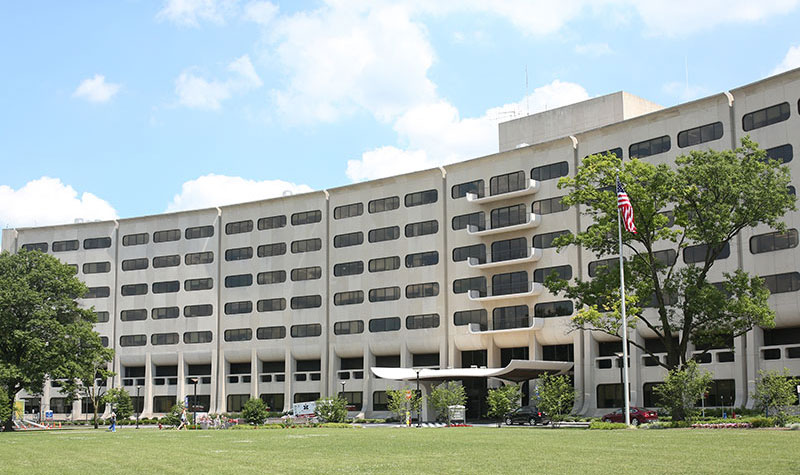College of Medicine researchers earn grants for basic, clinical research

Researchers from Penn State College of Medicine were awarded 38 grants in January to engage in research that will increase medical and scientific knowledge. Three notable grant awards include:
Dr. Christopher Zacko
Christopher Zacko, an associate professor and vice chair for quality in the Department of Neurosurgery, obtained a $332,000 grant from the Pennsylvania Department of Health to participate in a clinical trial that seeks to identify the biomarkers of traumatic brain injury. The trial, “PA CURE Phase 1: Biomarkers of Traumatic Brain Injury,” will collect data to help physicians better understand the products released into the blood and cerebrospinal fluid after a traumatic brain injury. The long-term goal of the trial is to help providers better diagnose, treat and predict outcomes of traumatic brain injuries. This is year three of a four-year study.

Dr. Todd Schell
Dr. Todd Schell
Todd Schell, PhD, a professor in the Department of Microbiology and Immunology, has received $110,000 from the W.W. Smith Charitable Trust to study how activation of the immune system can be used to treat melanoma. Immunotherapy shows a positive effect in 30 to 40 percent of metastatic melanoma patients. Schell’s study, “Repurposing beta blockers to improve immunotherapy for melanoma,” will last a year and aims to increase the number of patients for which immunotherapy can be effective. The study will examine whether beta blockers, normally used to treat high blood pressure, heart disease and anxiety, can be repurposed to enhance the anti-cancer activity of specific immunotherapies already known to treat metastatic melanoma patients.

Dr. David Waning
Dr. David Waning
David Waning, an associate professor in the Department of Cellular and Molecular Physiology, was awarded $50,000 from the Pennsylvania Breast Cancer Coalition to study new therapies to treat muscle weakness in patients with advanced breast cancer. Waning’s one-year study, “Novel therapies to treat cachexia and weakness in breast cancer metastases,” aims to improve muscle mass and function in an animal model of muscle wasting or cachexia. The long-term goal of the project is to combine therapies that improve muscle function and mass with anti-tumor treatments, such as chemotherapy. This is a new approach to treating muscle weakness that occurs in advanced breast cancer.
Read more
- Explore research at Penn State College of Medicine
- Search the Pure researcher directory
- See a list of NIH and other grants received by the college
- Learn about the college’s core facilities
- Read more College of Medicine research news
If you're having trouble accessing this content, or would like it in another format, please email Penn State Health Marketing & Communications.

